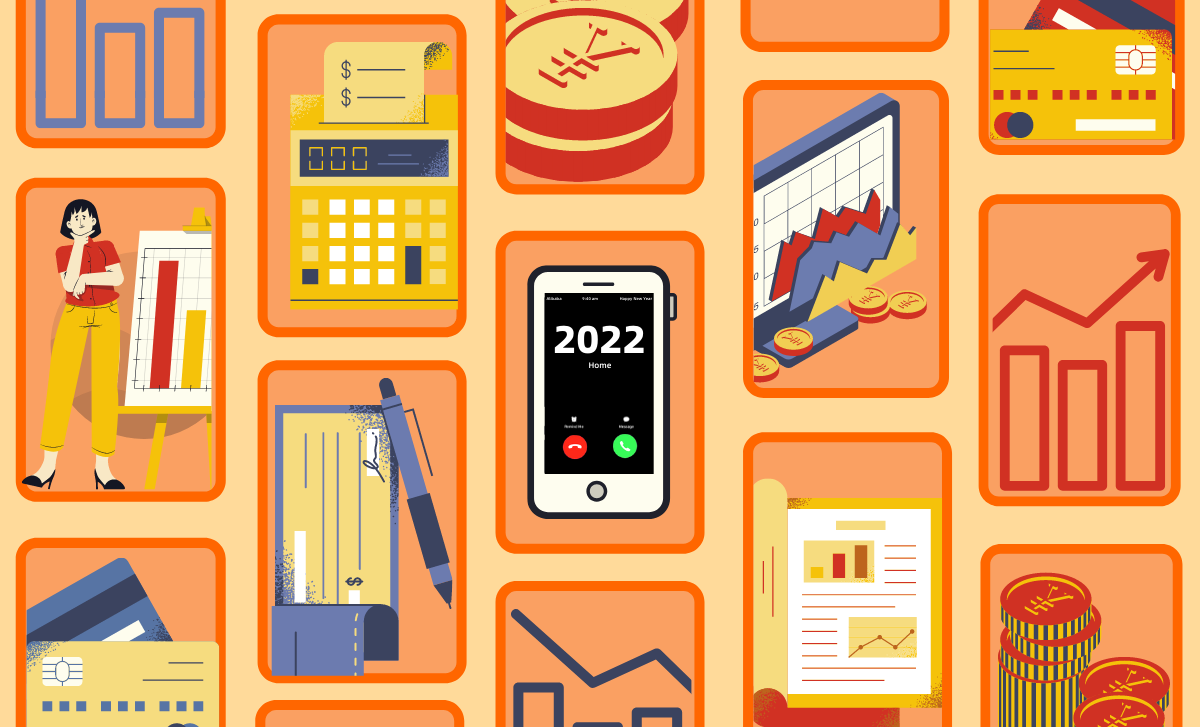


Photo credit: Alibaba Group/ Elizabeth Utley
The coronavirus pandemic, climate change and evolving gender politics are among the powerful forces refashioning consumer behavior. Retailers are racing to keep up.
The industry will need to adapt to changing norms quickly, or swathes of businesses will face irrelevancy as past purchases no longer imply brand loyalty.
Market research provider, Euromonitor International, has identified ten consumer tribes that erupted onto the scene during the pandemic and is advising retailers on how to seize the opportunities and avoid the pitfalls created by social upheaval.
Over the coming days, we will profile other consumer tribes and examine how merchants, from multinationals to startups in niche categories, adapt to meet their needs.
In our 10-part series, we have looked at how the silver surfers and the metaverse impact retailers. Today we’ll explore what greater financial empowerment means for retailers in 2022:
No. 5: FINANCIAL AFICIONADOS
The pandemic has heightened uncertainty in the job market, and consequently, financial unease has spread among consumers.
People are spending less and saving more. Globally, households saved 17% of their disposable income in 2020, up from 15% in 2019. Over the same period, expenditure dropped 4%, according to Euromonitor.
In such precarious times, consumers want greater control of their money. The adoption of digital services to track transactions and improve financial security is on the rise. Financially literacy is improving, and subjects previously reserved for Wall Street veterans are being discussed everywhere from coffee shops to street corners.
Those fortunate enough to have discretionary income are developing alternative income streams by investing in stock markets and turning hobbies into businesses. Retailers should not underestimate the impact of growing nest eggs on future purchasing power.
E-commerce and online payments have developed in lockstep over the past few decades. Financial technology, or fintech, continues to evolve rapidly in terms of user experience, cybersecurity, personalization and cryptocurrencies.
During the pandemic, there has also been an influx of consumer-friendly retail trading platforms to meet this swell of interest from Financial Aficionados. More fintech startups are providing digital banking services, ranging from loans to health insurance to cryptocurrency wallets, with lower fees and higher interest rates to the unbanked or financially underserved.
These services are being increasingly accessed from personal devices — 57% of consumers use their smartphones at least once a week to access banking tools in 2021, according to Euromonitor.
“In the future, the way financial services companies engage with their customers will be virtual, will be digital, will be on a mobile device,” Alibaba Group Executive Vice Chairman and Co-Founder Joe Tsai said in November.
Tsai advised banks to start thinking about alternative ways to use their brick-and-mortar bank branches, such as partnering with e-commerce companies to deliver products for customers.
Retailers and brands should collaborate with financial service corporations to facilitate convenient and alternative forms of online payment, especially in the Asia-Pacific region, which leads the world in cashless transactions and holds an expected 16% average annual growth in this area.
Security and identification is swiftly evolving from passwords to biometrics.
Technical advances used by Financial Aficionados can be a boon to retailers. Payment platform Alipay’s Trusple service allows small business owners to trace and track international payments, cutting processing time from a week to as fast as a day.
Check out the next installment in the series where we explore how Self-Love Seekers are turning their indulgences into big business for retailers





